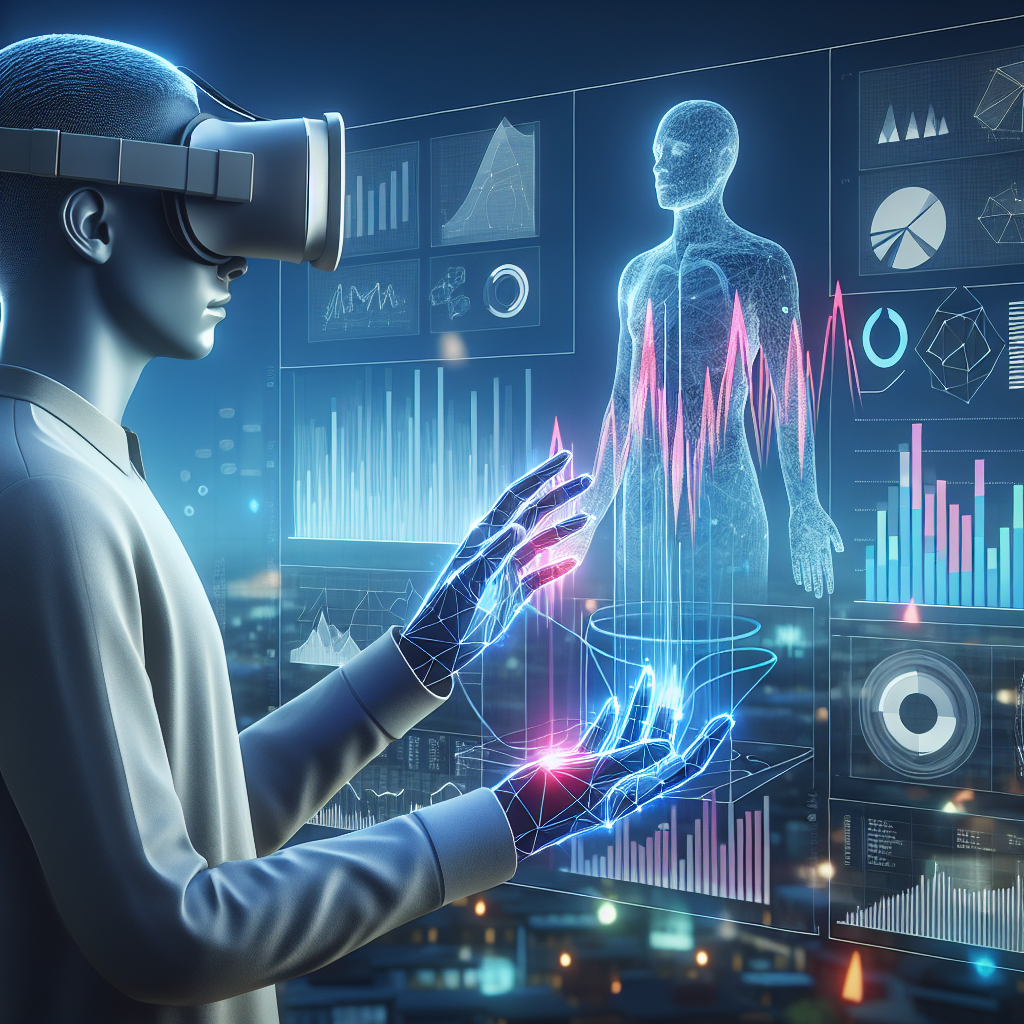Your cart is currently empty!
Virtual Reality: The Next Big Thing in Marketing and Advertising

Virtual Reality: The Next Big Thing in Marketing and Advertising
In today’s fast-paced digital world, companies are constantly looking for new and innovative ways to reach their target audience and stand out from the competition. Virtual reality (VR) has emerged as a powerful tool that allows businesses to create immersive experiences that engage consumers like never before. With the ability to transport users to a virtual world, VR is quickly becoming the next big thing in marketing and advertising.
One of the key benefits of VR is its ability to create memorable and impactful experiences for consumers. By immersing users in a virtual environment, brands can create a strong emotional connection with their audience and leave a lasting impression. This can help increase brand awareness and loyalty, as well as drive sales and customer engagement.
In the world of marketing, VR can be used to create interactive and engaging campaigns that allow consumers to experience a product or service in a whole new way. For example, a car manufacturer could create a virtual test drive experience that allows customers to explore the features of a new model from the comfort of their own home. Similarly, a clothing retailer could create a virtual fitting room that allows customers to try on clothes and accessories before making a purchase.
In the realm of advertising, VR offers endless possibilities for creating immersive and attention-grabbing content. Brands can create virtual reality ads that allow users to interact with products and services in a way that traditional ads cannot. For example, a travel company could create a virtual reality tour of a destination, allowing users to explore the sights and sounds of a new location before booking a trip.
Furthermore, VR can also be used to create experiential marketing campaigns that allow consumers to engage with a brand in a more meaningful way. For example, a beverage company could create a virtual reality pop-up event that allows users to sample new products and learn about the brand’s history and values. By creating unique and memorable experiences, brands can build stronger relationships with their audience and drive brand loyalty.
Overall, virtual reality is poised to revolutionize the way businesses market and advertise their products and services. With its ability to create immersive and engaging experiences, VR offers a unique opportunity for brands to connect with consumers in a whole new way. As technology continues to evolve, it’s clear that virtual reality will play a major role in shaping the future of marketing and advertising. So, it’s time for businesses to embrace this new technology and start thinking outside the box to create unforgettable experiences for their customers.

Leave a Reply